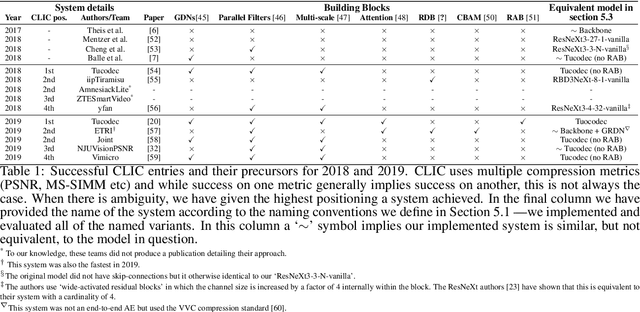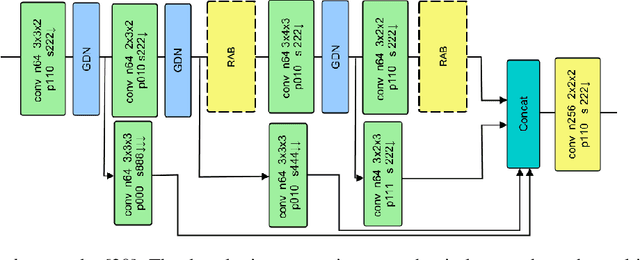Attention-based Convolutional Autoencoders for 3D-Variational Data Assimilation
Paper and Code
Jan 06, 2021



We propose a new 'Bi-Reduced Space' approach to solving 3D Variational Data Assimilation using Convolutional Autoencoders. We prove that our approach has the same solution as previous methods but has significantly lower computational complexity; in other words, we reduce the computational cost without affecting the data assimilation accuracy. We tested the new method with data from a real-world application: a pollution model of a site in Elephant and Castle, London and found that we could reduce the size of the background covariance matrix representation by O(10^3) and, at the same time, increase our data assimilation accuracy with respect to existing reduced space methods.
* Computer Methods in Applied Mechanics and Engineering 372 (2020)
113291 * Published in Computer Methods in Applied Mechanics and Engineering in
Dec 2020
 Add to Chrome
Add to Chrome Add to Firefox
Add to Firefox Add to Edge
Add to Edge